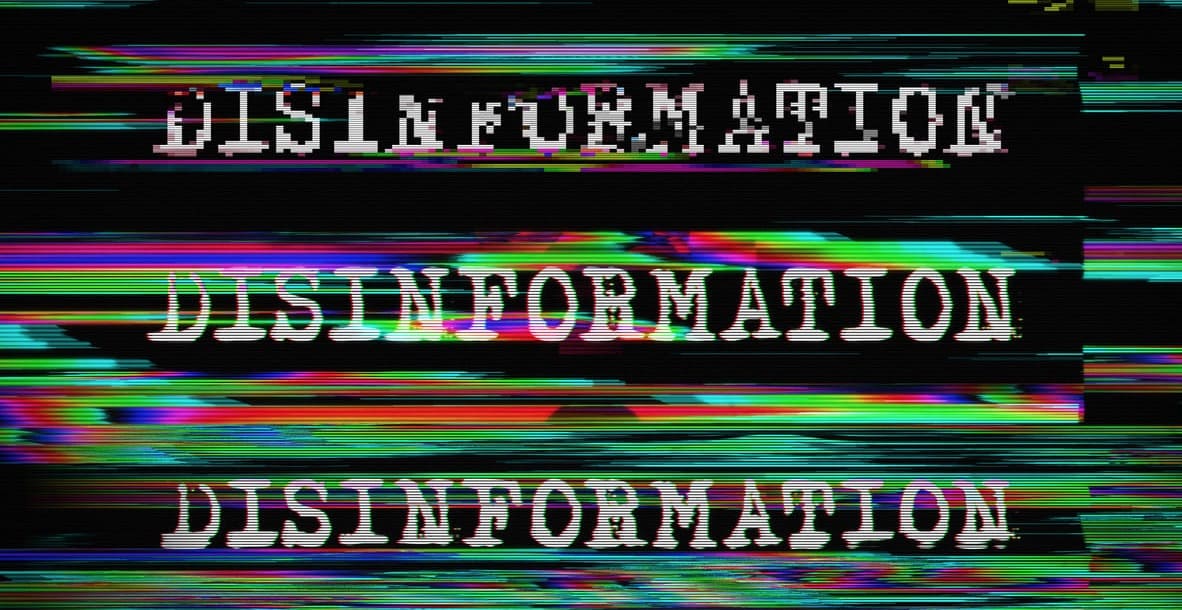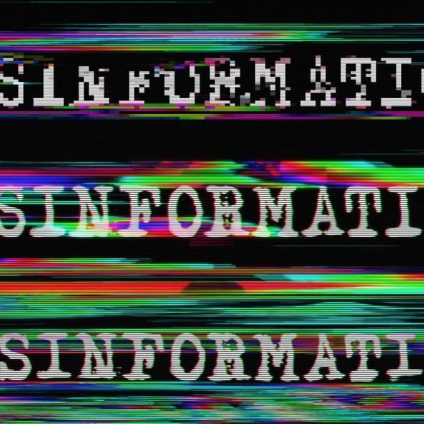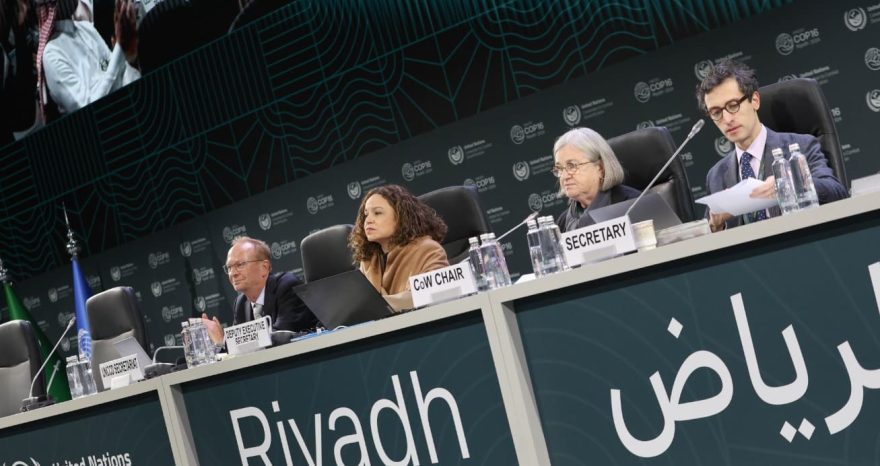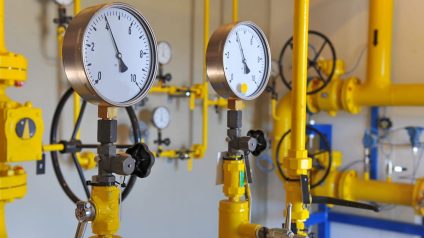Misinformation at COP29 on climate is slowing down the energy transition with misleading narratives from fossil fuel industries. InfluenceMap's report explains their strategies against climate sustainability

Misleading, false, and unscientific narratives. Messages against the transition disguised as objective analysis. Statements that exploit concerns and fear about the future to remain firmly anchored to a fossil past. This and much more is found in the misinformation handbook at COP29 on climate. A ‘handbook’ that is analyzed in the latest report by InfluenceMap, released today during the first days of negotiations at the COP29 climate conference in Azerbaijan.
Fighting Against the Fossil Fuel Transition
The goal of misinformation at COP29 on climate is clear: to slow down and possibly halt the fossil fuel transition decided last year at COP28 in Dubai.
Who is creating and spreading these narratives? The main companies and industry associations in the fossil fuel supply chain. They have activated simple, very similar messages since the Dubai Pact in November 2023.
Over the past 12 months, InfluenceMap has recorded more than 2,400 cases of anti-transition narratives promoted by over 100 fossil fuel companies and industry associations. These associations are the most aggressive. All of them send delegates to COPs, either openly or by infiltrating national delegations.
On the other hand, the Azerbaijani presidency of COP29 is certainly not hostile to their presence or the behind-the-scenes work of fossil fuel companies. Azerbaijani President Aliyev, opening the climate conference in Baku, referred to oil as a “gift from God.” Meanwhile, the COP President, as revealed by the BBC, has repeatedly used his position to sign numerous contracts for fossil fuel extraction over the past year.
The Three Misinformation Narratives at COP29 on Climate
The think tank’s analysis groups the many narratives into three main categories:
- “Solution Skepticism”: Skepticism toward transition solutions. This narrative minimizes the feasibility of switching to alternative energy sources and the negative impacts associated with fossil fuel use.
- “Policy Neutrality”: The mantra of technological neutrality. It calls for a technology-neutral policy, not supporting government intervention but instead preferring market-based solutions, while emphasizing the need to protect consumer choice.
- “Affordability and Energy Security”: Fear and uncertainty serving fossil fuels. It highlights the economic concerns of moving away from fossil fuels, while positioning fossil fuels at the center of both energy security and economic accessibility.
According to InfluenceMap, each of these narratives is not aligned with transition pathways that are consistent with the goals of the Paris Agreement and those described by the Intergovernmental Panel on Climate Change (IPCC).
Skepticism Toward Solutions
Skepticism about solutions includes arguments that describe fossil fuels, particularly gas, as “clean” or “low-carbon,” or that highlight the emissions generated by renewable alternatives. This narrative also includes claims that question the feasibility of an energy system dominated by renewable energy.
Technological Neutrality
Technological neutrality aims to introduce fossil-dependent technologies into policies and discussions specifically designed to reduce dependence on fossil fuels.
How does it work? It suggests that a fossil-linked technology is essential for the transition, then reopens the debate on the best technological path for climate mitigation. This diminishes the importance of reducing fossil fuels, a reduction that should happen in a “technologically neutral” manner.
Energy Costs
These arguments claim that a transition away from fossil fuels threatens energy security, economic accessibility, stability, or jobs. At the same time, they highlight the economic benefits associated with the development and use of fossil fuels.
This is, broadly speaking, the narrative most used by figures like Donald Trump and his candidate for EPA head, Lee Zeldin. But it’s not limited to them. It also includes narratives suggesting that electric cars will make everyone poorer and more energy insecure.
FAQ
- What is misinformation at COP29 on climate? Misinformation at COP29 on climate refers to misleading and manipulative messages used by fossil fuel industries to slow down the energy transition and oppose climate policies, such as those decided at COP28 in Dubai.
- Who promotes climate misinformation at COP29? The main fossil fuel companies and industry associations are the primary promoters of these narratives, seeking to influence climate policies in their favor.
- What are the main misinformation narratives at COP29? The main narratives are: 1) skepticism toward alternative energy solutions, 2) technological neutrality, and 3) uncertainty about energy costs and security.
- How does misinformation affect the energy transition? Misinformation hinders the adoption of effective climate policies by minimizing renewable solutions, promoting fossil technologies as necessary, and raising unfounded fears about costs and energy security.
- Why is it important to fight misinformation at COP29? Fighting misinformation is crucial to ensure that global climate policies are based on science and facts, preventing fossil fuel industry interests from slowing the transition to a sustainable future.












